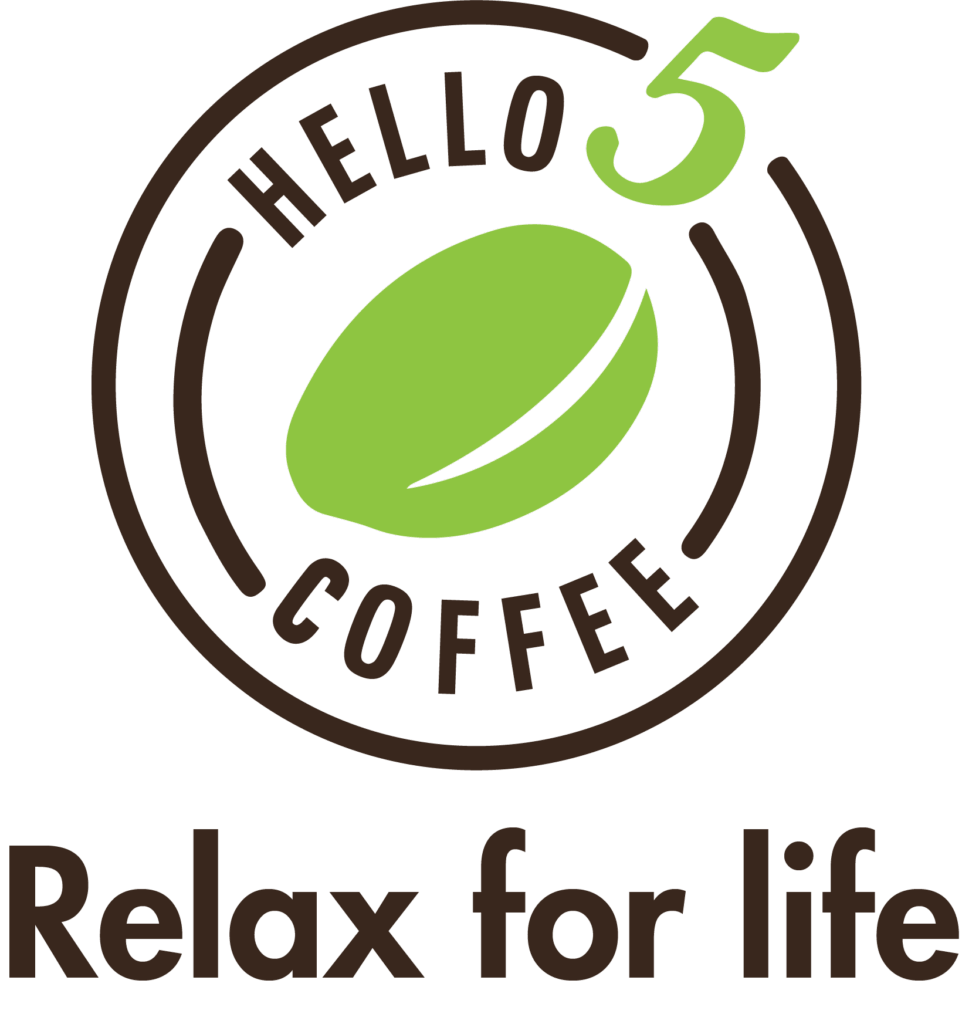If you’re considering opening a Vietnamese coffee shop in the Philippines, you’re probably wondering: is there real market potential, will Filipinos enjoy Vietnamese coffee, and is the investment worth it? This article will walk you through the opportunities, challenges, and practical steps to help you decide.
Coffee Market in the Philippines
The Philippines is one of the largest coffee consumers in Southeast Asia, with demand steadily rising each year. Coffee is part of everyday life, from the affordable 3-in-1 sachets sold in every convenience store to the growing specialty coffee culture in Manila, Cebu, and Davao.
According to Statista, the Philippine coffee market is expected to reach over $7 billion in 2023 and is expected to continue to grow strongly during 2024–2028. More than 80% of adults in the Philippines drink coffee daily, indicating a huge and stable demand for coffee.
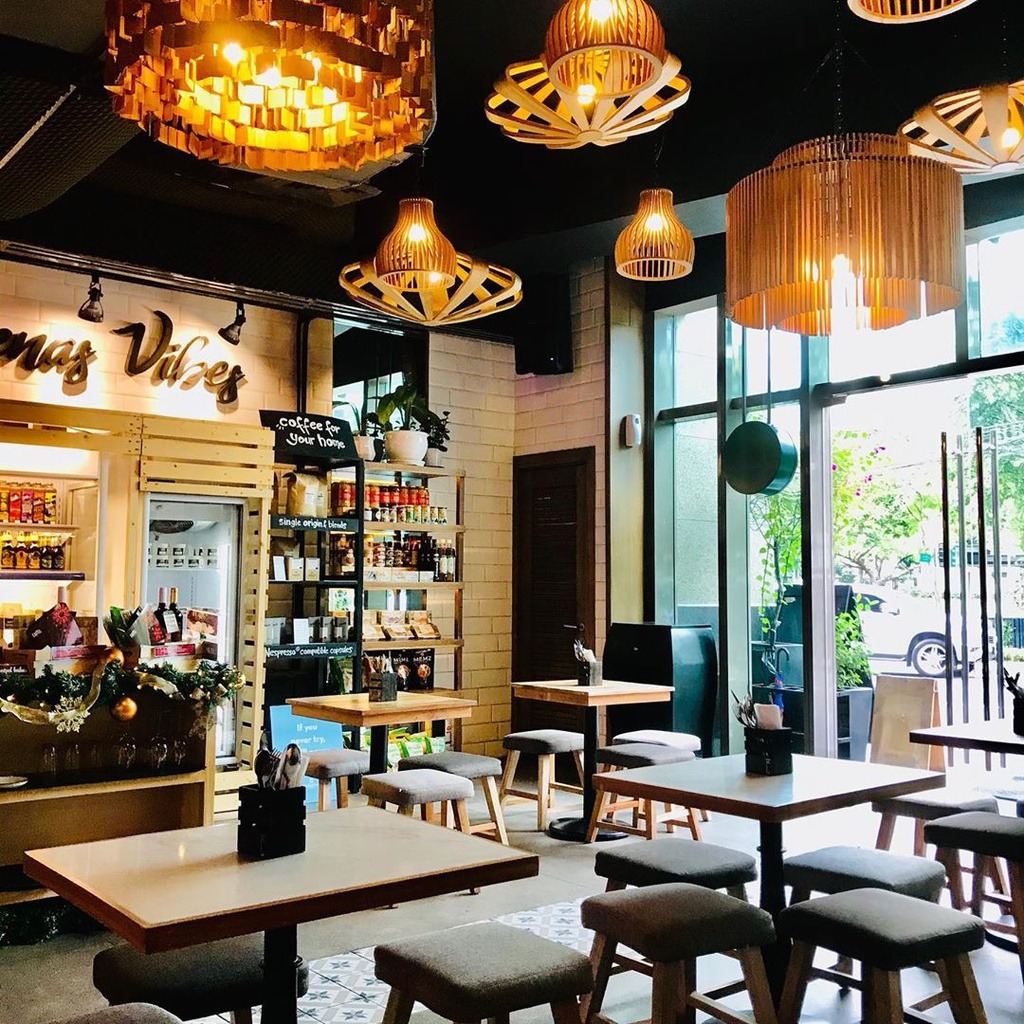
What makes the Philippines particularly interesting for Vietnamese coffee is that local taste preferences are closer to Vietnam’s than to Western countries like the US. Filipinos love sweet, creamy coffee with milk or sugar, which aligns perfectly with signature Vietnamese drinks like cà phê sữa đá (iced milk coffee), egg coffee, coconut coffee, or even butter coffee. This creates a natural cultural and flavor fit that’s easier to introduce and scale.
The café scene is also booming. From large chains to independent specialty shops, cafés are becoming lifestyle destinations for young professionals, students, and tourists. This growing market provides plenty of space for a uniquely Vietnamese concept to stand out.
Opportunities of Opening a Vietnamese Coffee Shop in the Philippines
Unique Brewing Style and Flavor
Vietnamese drip coffee, with its strong Robusta base and slow-brewing phin filter, offers a bold, rich taste very different from the espresso-based drinks that dominate most cafés. Combined with sweetened condensed milk, these drinks align perfectly with Filipino palates, who already enjoy sweet, creamy flavors. Introducing drinks like egg coffee or coconut coffee can further intrigue locals and position your shop as a trendsetter.
Cultural Experience
Opening a Vietnamese café is not just about the drinks — it’s about bringing a piece of Vietnam to the Philippines. Décor inspired by Hanoi’s Old Quarter or Saigon’s street cafés, bamboo furniture, lanterns, and traditional music can create a cozy, cultural escape. Filipinos, who love exploring new Asian dining experiences, are likely to appreciate this cultural immersion.
Proximity to Vietnam
Unlike the US or Europe, the Philippines is geographically close to Vietnam. This proximity makes importing coffee beans, phin filters, and other essentials much easier, faster, and more cost-effective. It also opens the door to fresher supplies and better collaboration with Vietnamese suppliers.
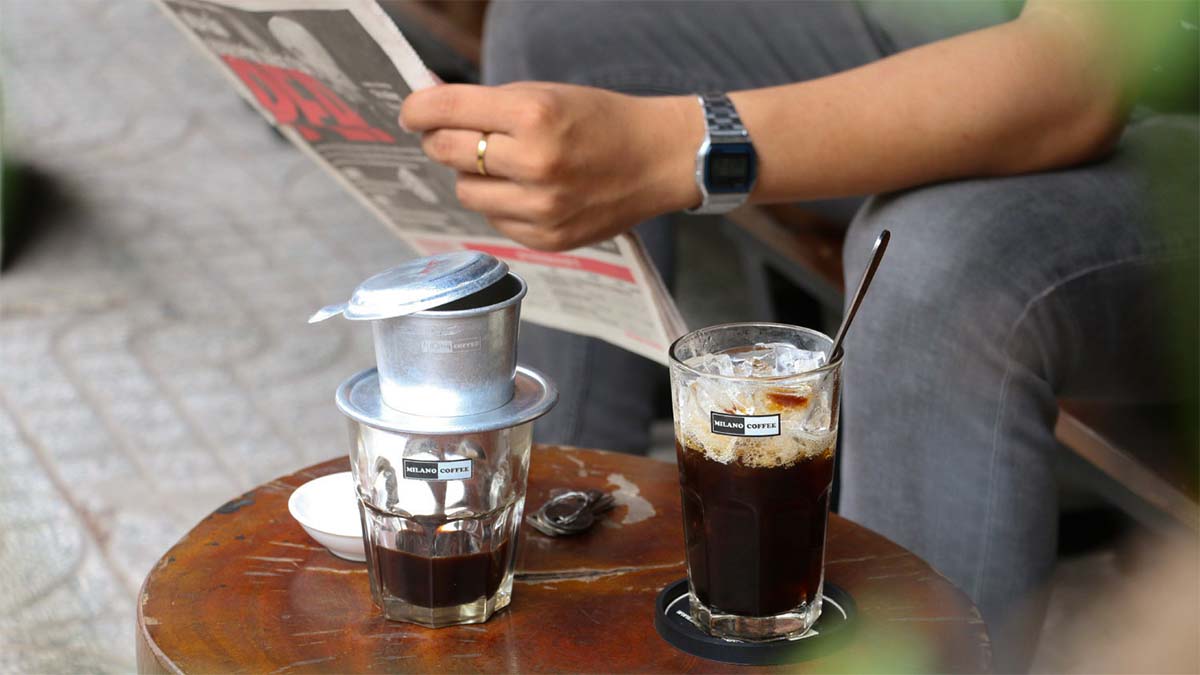
Challenges of Opening a Vietnamese Coffee Shop in the Philippines
High Costs in Urban Centers
While operating costs are lower than in Western countries, prime locations in Metro Manila or Cebu City are still expensive. Rent in popular business districts like Makati or Bonifacio Global City can be steep, and setting up a well-designed café to compete with established brands requires significant investment.
Regulatory and Import Barriers
Importing coffee beans from Vietnam to the Philippines isn’t always straightforward. Approvals from the Department of Agriculture and the FDA, quality inspections, and customs procedures can be time-consuming. Without prior experience, this can delay operations and increase costs.
Competition from Chains and Local Brands
International giants like Starbucks, Coffee Bean & Tea Leaf, and Tim Hortons dominate the urban café scene, alongside strong Filipino brands such as Bo’s Coffee. To stand out, a Vietnamese coffee shop needs a clear brand story, unique drinks, and a memorable cultural experience that sets it apart.
Workforce Training
Most baristas in the Philippines are trained to use espresso machines. Brewing with phin filters or making signature drinks like egg coffee requires additional training and strict standardization. Without proper SOPs, the consistency of your drinks could suffer, which risks brand reputation.
Diplomatic and Trade Tensions
Another factor to consider is the recent diplomatic and trade tensions between Vietnam and the Philippines. These issues can impact cross-border trade, potentially leading to stricter import regulations or delays in sourcing Vietnamese coffee beans. Entrepreneurs need to monitor this situation closely and plan for contingencies, such as holding larger inventories or exploring local bean sourcing as a backup.
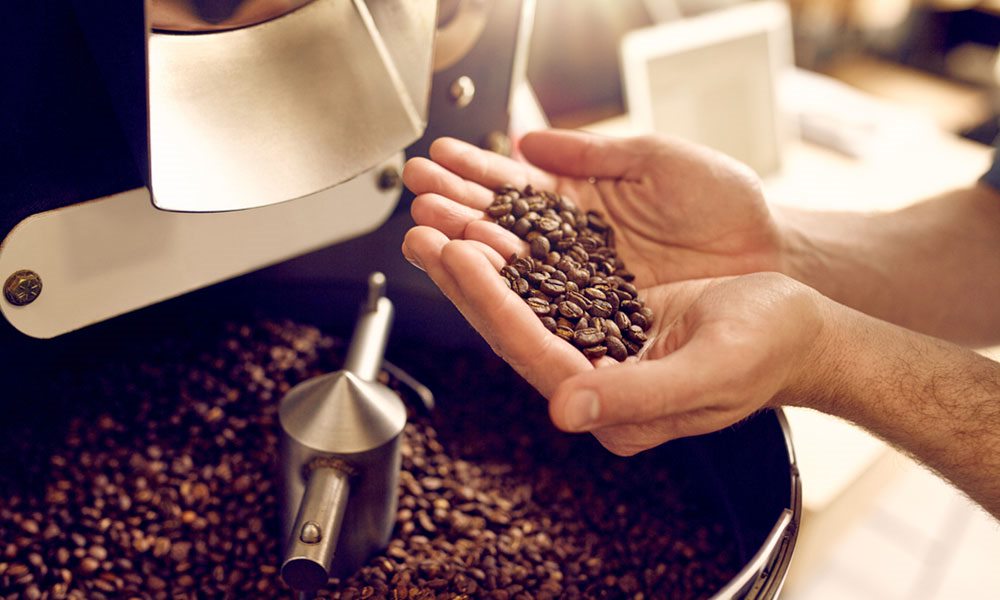
Conclusion: Should You Open a Vietnamese Coffee Shop in the Philippines?
The short answer: yes, but with careful planning. The Philippines is one of the most promising markets for Vietnamese coffee outside of Vietnam due to similar taste preferences, a booming café culture, and geographic proximity. Drinks like cà phê sữa đá, egg coffee, and coconut coffee have huge potential to resonate with Filipino customers who already enjoy sweet, creamy coffee.
At the same time, challenges like high rental costs, regulatory hurdles, stiff competition, and evolving geopolitical issues cannot be ignored. Success will depend on differentiating your brand, offering a genuine cultural experience, and ensuring operational consistency. Starting small — with a kiosk, mobile cart, or a modest shop in a bustling neighborhood — may be the smartest way to test the waters before scaling up.
Where Should I Start?
If you’re serious about opening a Vietnamese coffee shop in the Philippines, the best starting point is market testing. Choose a location with high foot traffic, such as near universities, business districts, or tourist hubs. Focus on two or three signature drinks — like Vietnamese iced coffee, egg coffee, or coconut coffee — and adapt sweetness levels slightly to suit Filipino preferences while preserving authenticity.
Equally important is securing a reliable Vietnamese coffee supplier. A consistent, high-quality bean is the backbone of your café’s success. Hello 5 Coffee (hello5coffee.com) is a trusted exporter with over 12 years of experience supplying premium Vietnamese coffee worldwide. Whether you need roasted beans, drip coffee, or OEM/private label services for your own brand, Hello 5 Coffee can help you build a strong foundation for your business.
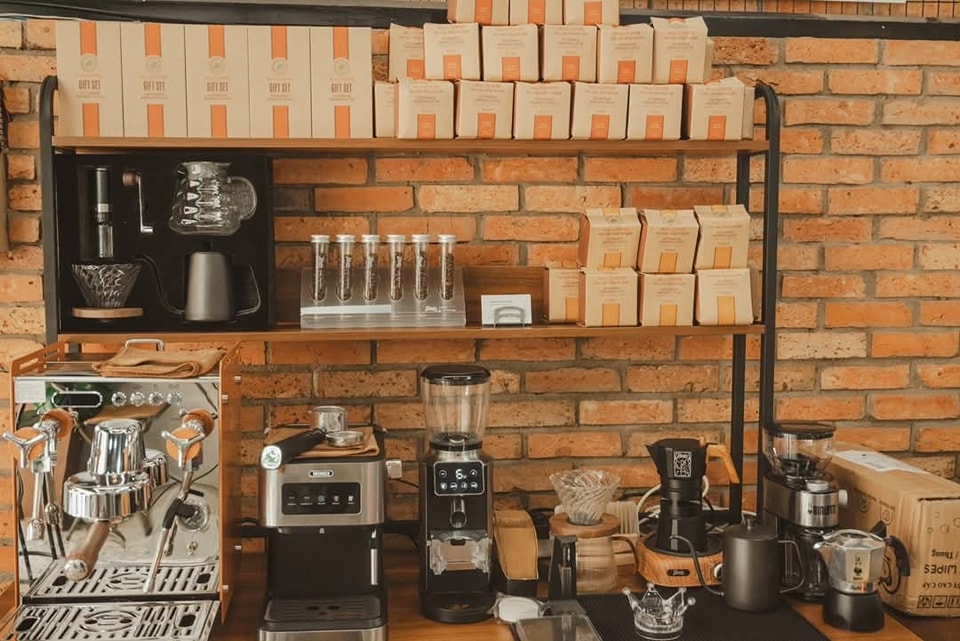
Starting lean, telling a compelling brand story, and delivering authentic drinks with a cultural twist will give you the edge to thrive in the competitive Philippine coffee market.
